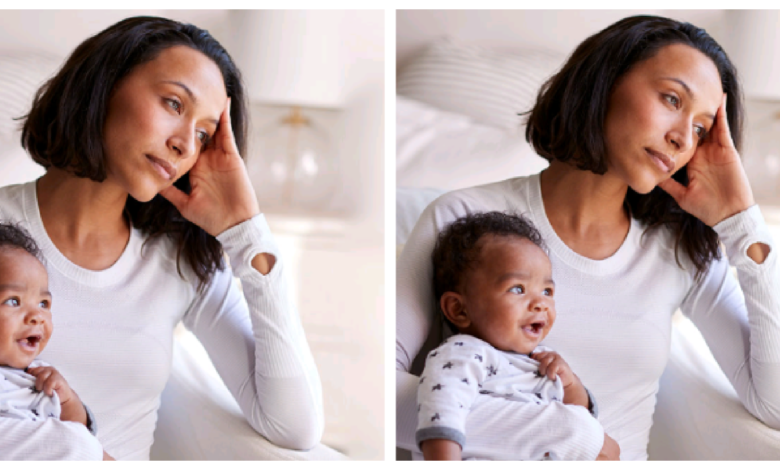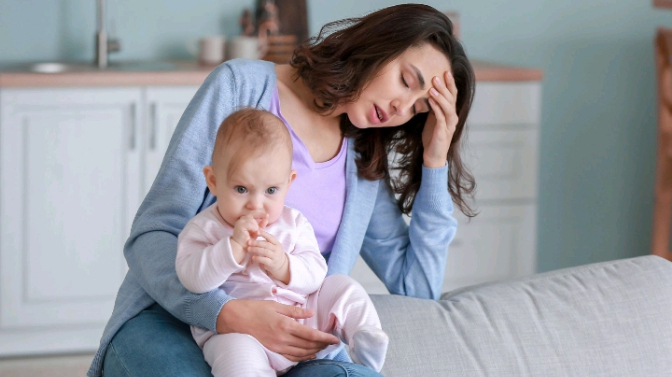Reasons women experience postpartum depression

Postpartum depression (PPD) affects many women after giving birth. There is no single cause of PPD, but physical changes, and emotional issues may play a role. Some factors that may contribute to PPD include:

Genetics: Reports show that having a family history of PPD, especially if it was major, increases the risk of experiencing PPD.
Physical changes: After childbirth, there is a dramatic drop in the hormones in the body, which may contribute to PPD. This leaves the mother feeling tired, sluggish, and depressed.
Emotional issues: Sleep deprivation, feeling overwhelmed, and anxiety about caring for a newborn can all contribute to PPD. Mothers may also feel less attractive, struggle with their sense of identity, or feel that they have lost control over their lives.
Limited social support: Women who lack social support from family and friends are at higher risk of developing PPD.
Marital or relationship conflict: Women who experience conflict in their relationships or marriages are at higher risk of developing PPD.
Ambivalence about the pregnancy: Women who have mixed feelings about their pregnancy or who did not plan their pregnancy are at higher risk of developing PPD
Pregnancy complications: Women who experience complications during pregnancy, such as health conditions, difficult delivery, or premature birth, are at higher risk of developing PPD.
Having a baby with special needs or a baby who cries a lot: Women who have a baby with special needs or a baby who cries a lot are at higher risk of developing PPD.
Mothers can overcome this through social support, such as help from family and friends, joining a support group, or seeking professional assistance.



